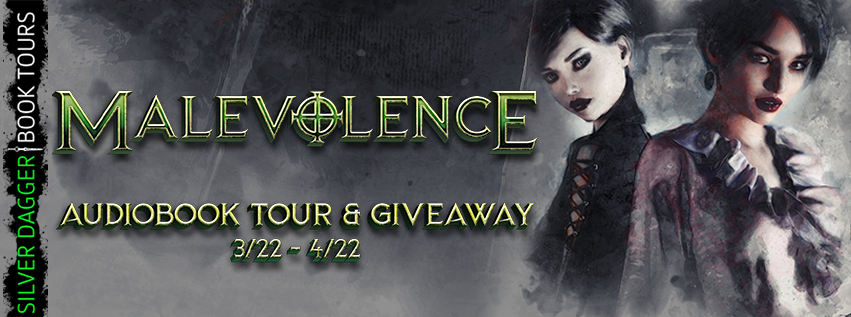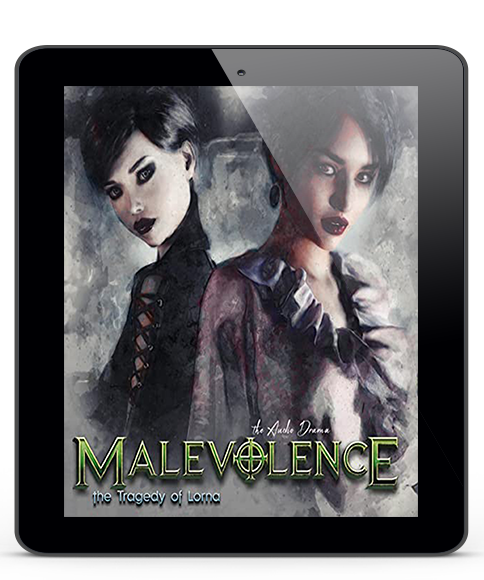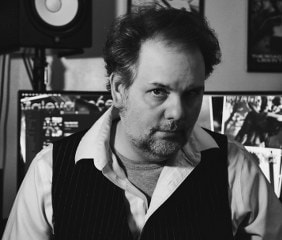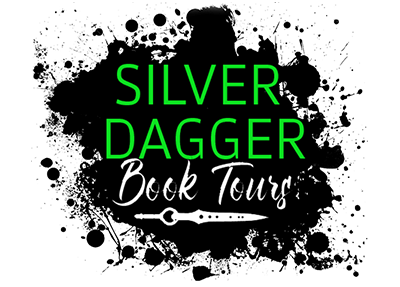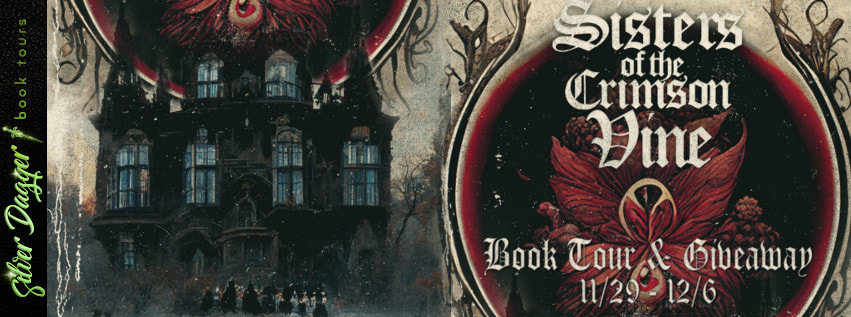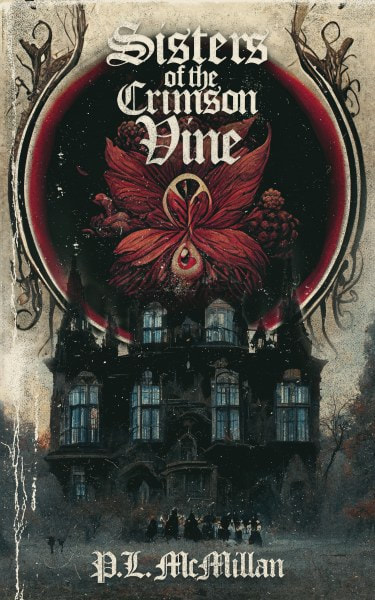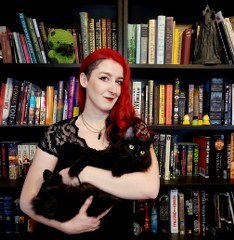Author name: Carmilla Voiez
I got carried away and answered 13, but some answers are quite short.
Please tell us about your publications/work.
Starblood was my debut novel, a violent and erotic dark fantasy which was released first in 2011. Due to a recent publisher folding, some of my work (including the Starblood series) is currently out of print. That series and a new supernatural thriller novel set in a women’s prison have been submitted to publishers for consideration. A co-written Southern Gothic Horror entitled Our Fearful Roots is currently available both in paperback and digital formats. My short story collection Broken Mirror and Other Morbid Tales, and an urban fantasy The Ballerina and the Revolutionary can be downloaded for free from my website (epub) version or can be purchased on Kindle or as paperbacks. Work continues on the third graphic novel in the Starblood series, but the first two, Starblood and Psychonaut, are available in hardcover, paperback or digitally. I will be featured in a new anthology of LGBTQIA+ horror, and my short stories can be found in a number of horror anthologies including Zombie Punks Fuck Off, Elements of Horror: Water, Slice Girls, and D is for Demons.
Do you think the written word (or art) bring power and freedom?
I think they encourage us to find our own power and freedom, partly by knowing others share the same struggles. Horror is amazing because it teaches us how to overcome adversity.
What piece of advice do you wish you’d had when you started your publishing journey?
I’ve learned a lot over the years. To be honest, I am glad I learned it gradually or I might have felt that I could not succeed in an industry where 50% of trade paperbacks only ever sell twelve copies. I will share two pieces of advice: own your words and do not back track when others tell you that you are wrong. This means ensuring that you do not write merely to shock but have a truth you want to share with the reader, something rich that they can take away after they finish the book. It also means avoiding stereotypes, especially of groups whose identity you do not share. Sensitivity readers are a god send if you write outside your own experience. Understand that if readers do not like your work and write a bad review for your book that’s their right and getting defensive and attacking reviewers is a terrible look and the fastest route to damaging your career, perhaps irrevocably. My second piece of advice is that it’s impossible to spot all the errors in your own work. If you cannot afford an editor, swap with someone who will pick your book apart while you return the favour. As a reader, it is incredibly frustrating to pay for a book that is riddled with errors.
What’s your greatest networking tip?
Be authentic; celebrate the success of others, and cross-promote.
How much research do you do for your work? What’s the wildest subject you’ve looked at?
I research everything I can, including using Google Maps to walk through images of streets where my story is set. I know all the stages of decomposition and the difference between Schizophrenia and Dissociative Identity Disorder and the symptoms of each. I read religious and magical texts alongside medical ones. I’ve even studied quantum physics for a short story. Writing, like reading, can open up the world for you if you let it.
How influential is storytelling to our culture?
I would argue that any culture is entirely built from the stories we tell ourselves and each other. It is the most powerful thing we have.
What’s the best advice you’ve received about writing/publishing?
Only you can tell your story. It doesn’t matter if similar stories already exist; it is your voice and your experience that makes your story unique.
If you could be any fantasy/mythical or legendary person/creature what would you be and why?
I would definitely be a mischief making demon. I enjoy challenging assumptions.
Which authors have influenced you the most?
Clive Barker, Thomas Ligotti, and Toni Morrison.
What is your writing space like?
An armchair and laptop with a cushion to support my spine. I’m blessed with hyperfocus, so I don’t need much.
What’s your next writing adventure?
I am working through Venus Virus for re-release then I plan to concentrate on short stories for a couple of years. In my experience, submitting stories to magazines and anthologies provides a more robust financial return than spending years writing a novel.
What are your views on authors offering free books? Do you believe, as some do, that it demeans an author and his or her work?
There are so many authors to choose from, and once we find an author we love, we tend to consume everything they write. I think that offering one or two free books makes financial sense, but I also believe it’s a decision each author should make for themselves.
What are your views on authors commenting on reviews?
I think it’s a terrible idea personally, especially when the author feels defensive.
How do you deal with bad reviews?
I move on. Not everyone will like what I write, but some readers love it, and those are the ones I write for.
Links to all my books can be found on my website at www.carmillavoiez.com
Bio
Carmilla Voiez is a British horror writer living in Scotland. Her influences include Graham Masterton, Thomas Ligotti, and Clive Barker. She is pansexual and passionate about intersectional feminism and human rights. Carmilla has a First-Class Bachelors in Creative Writing and Linguistics. Her previous work includes stories in horror anthologies published by Clash Books and Mocha Memoirs, a series of dark fantasy novels (currently out of print), a co-authored Southern Gothic Horror novel, and self-published graphic novels. Graham Masterton described the second book in her Starblood series as a “compelling story in a hypnotic, distinctive voice that brings her eerie world vividly to life”. Carmilla is also a freelance editor and English tutor who enjoys making language sing.

